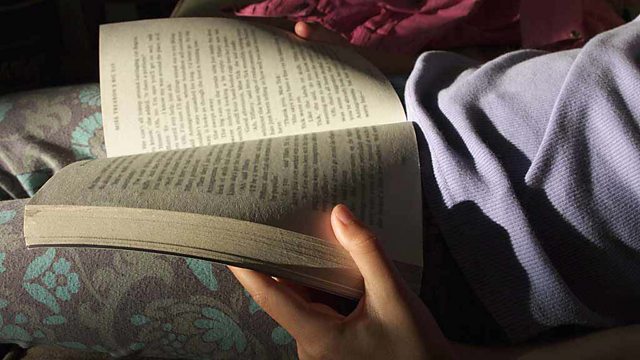Reading
Melvyn Bragg explores the history of reading from the prayer wheel of medieval England to the electronic book, and discusses whether what we read is essential or peripheral to the people we become.
Melvyn Bragg and guests discuss the history of the politics and practice of reading. Gustave Flaubert鈥檚 sage advice to us was: 鈥淒o not read, as children do, to amuse yourself, or like the ambitious, for the purpose of instruction. No, read in order to live.鈥滱dvice on reading - good and bad - litters the ages, from the Catholic Church refusing to translate the Bible into modern languages, to 18th century women being warned that injudicious reading could turn them to prostitution or worse. It seems that as soon as the written word was invented it came with a health warning. But thankfully, throughout the history of reading from the invention of the printing press onwards, much of that advice has been completely ignored. From the prayer wheel of medieval England to the electronic book, how has the process of reading has changed over time? How will tomorrow鈥檚 readers compare to those of the past, and is what we read today - and how we read it - essential or peripheral to the people we become?With Kevin Sharpe, Professor of History, University of Southampton; Jacqueline Pearson, Professor of English Literature, Manchester University.
Last on
More episodes
Broadcasts
- Thu 17 Feb 2000 09:02大象传媒 Radio 4
- Thu 17 Feb 2000 21:30大象传媒 Radio 4
Featured in...
![]()
The Written Word
A celebration of programmes and clips dedicated to the craft of writing
In Our Time podcasts
Download programmes from the huge In Our Time archive.
The In Our Time Listeners' Top 10
If you鈥檙e new to In Our Time, this is a good place to start.
Arts and Ideas podcast
Download the best of Radio 3's Free Thinking programme.
Podcast
-
![]()
In Our Time
Melvyn Bragg and guests discuss the ideas, people and events that have shaped our world.



